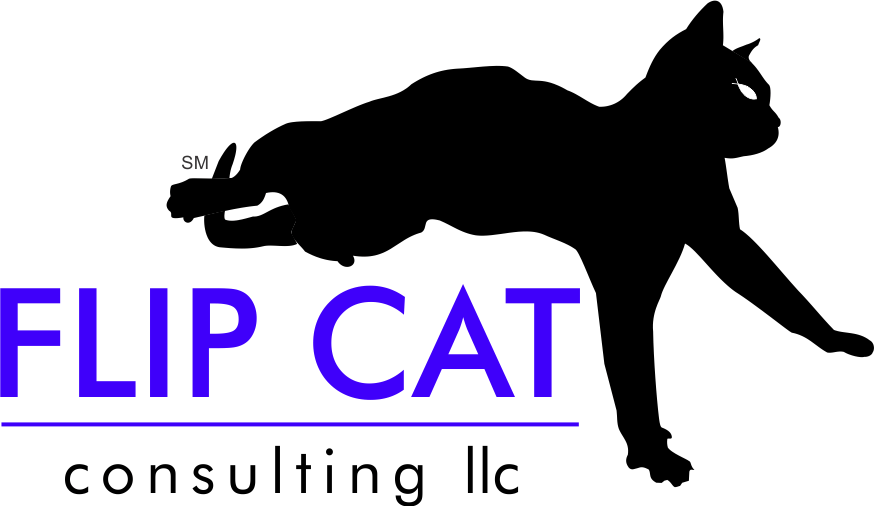Law Firm Social Media: One Size Does Not Fit All
/Recently, I worked with a firm where an outside consultant advised partners during a retreat that they should be on all social media and get it done now. I disagree.
When it comes to online legal research, it behooves a firm to find an optimal arrangement with one provider (occasionally two) to obtain monetary benefits. For CRM, it makes sense to have all attorneys engaged with one CRM system in order to share contact information and leverage that information for better business development and budgetary tracking.
Social media, however, is not "one size fits all."
- First, I would recommend that no firm (law firm or otherwise) rush in to social media. Social is fast becoming an important tool and a sophisticated tool - it should be respected as such.
- Second, I would seek leadership support for social media initiatives, and if that doesn't yet exist, then education of the leadership as to value and benefits is required.
- Third, I would survey (through a review current online presence and through in-person conversations) where a firm's attorneys fall on the social media spectrum. That research will help establish a baseline and direct other benchmarks, such as what platforms, when to undertake them, when and how they will be measured, and what will be done with that information.
For all firms, LinkedIn is a foundational platform. Often a Google search will reveal a firm's or attorney's LInkedIn profile at a higher rank than the firm's profile (from its website). Plus, if a firm is new to social media or skittish, LinkedIn is a great place to start. Next, I would suggest Twitter as a fast-developing platform for attorneys and firms to demonstrate knowledge and achievement. (Fast-developing, meaning more attorneys and firms are starting to realize how to leverage Twitter.) Twitter suits both consumer and corporate law. Third, and especially for more B2C-oriented practices, I would suggest FaceBook. People who are potential contacts for B2C law interact and have conversations on FaceBook in such a way that having a business page there would make it easy for them to locate you without leaving the comfort of their preferred platform. Each of these, as well as YouTube, Pinterest, Instagram, etc. will be enhanced by your ability to direct people to your blog, bio, recent articles, videos, and the like...which takes us back to having a plan, and content, before completely rolling out your presence on each platform. Just remember: share your work and achievements, but also promote others' work (articles, videos, comments). "Share" is the operative word of social media.
Have a plan for each of your social media platforms. That includes: staffing for regular interaction, an editorial calendar to help outline future posts, and a crisis/contingency plan for using social media to address adverse news.
Important: What makes social media work and helps improve your online credibility (social currency) and in turn, your actual credibility, is interaction. A new pair of shoes conforms to your foot and feels more comfortable after you've worn them a while. Social's the same way - you have to get out there and interact. You'll feel more comfortable when you do, and so will your audience.
Flip Cat Consulting provides business development strategy and integrates social media strategy and training within your client development goals. We work by project or contract, with firms at large, with practice groups, and with individual attorneys. Contact us today to learn more.


